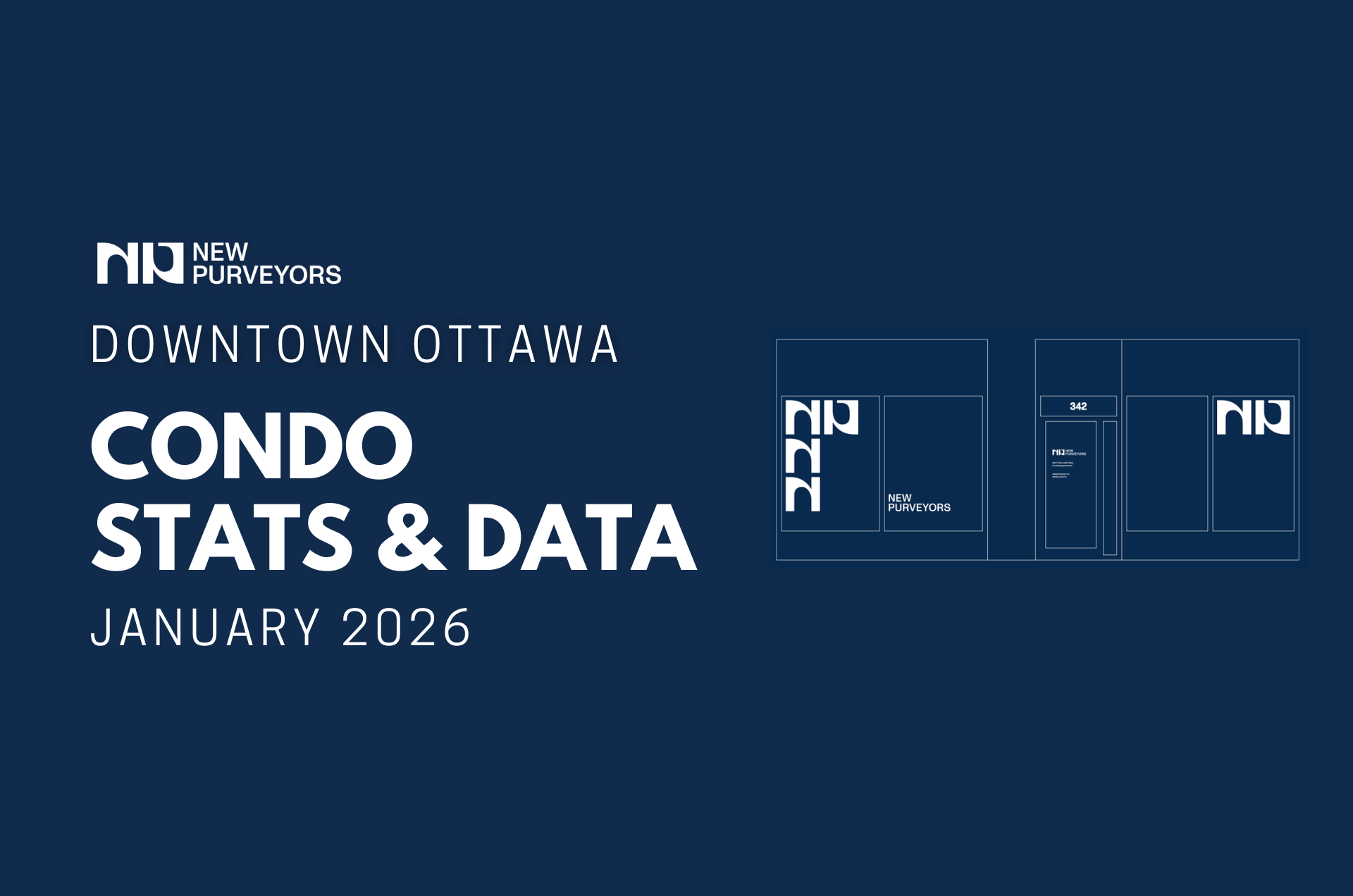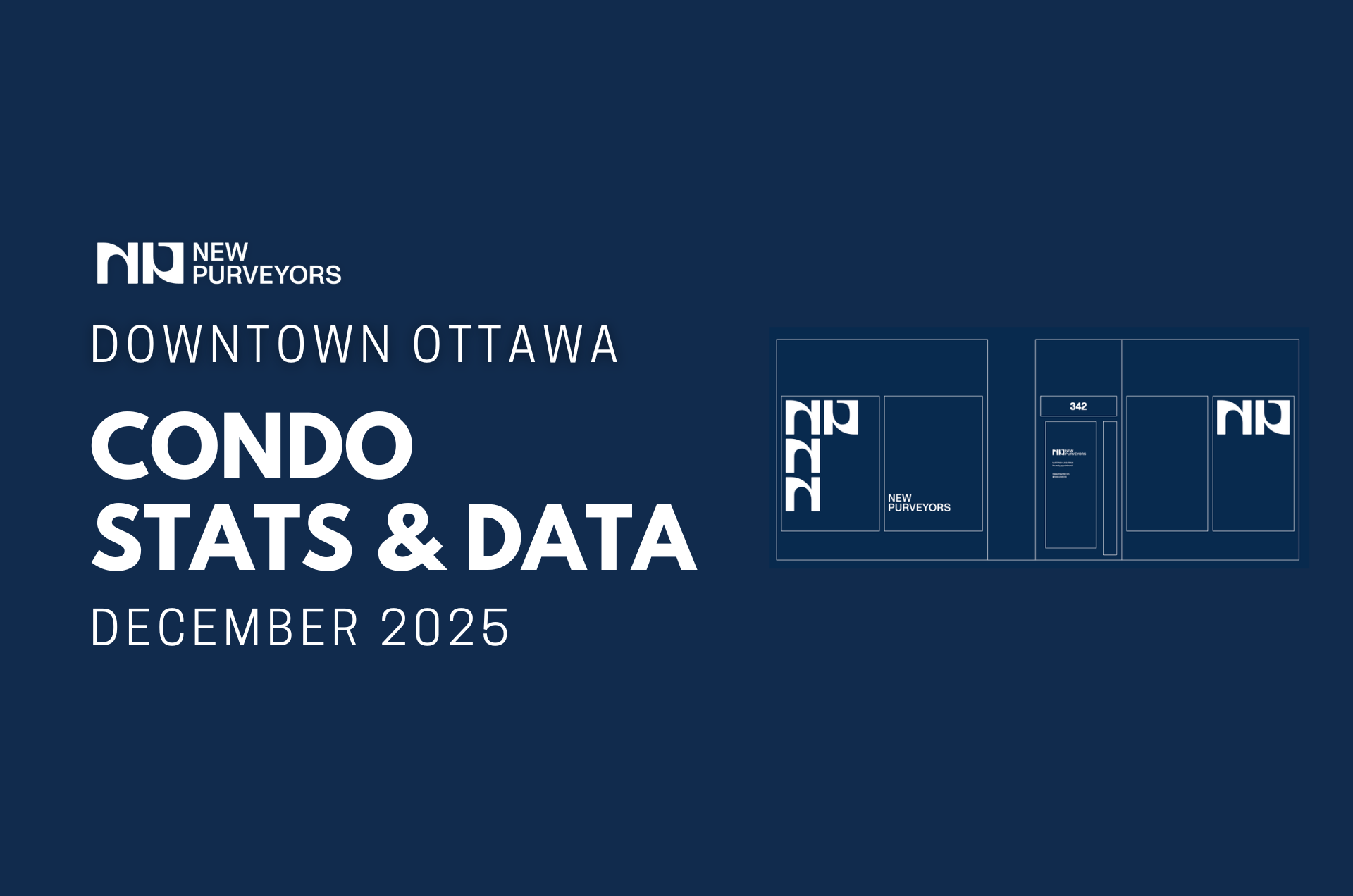Your condo fees seem manageable, the building feels well cared for, and you’ve budgeted carefully — until a letter arrives from your condo board announcing a “special assessment.”
The notice is polite but devastating: every owner must pay several thousand dollars to cover an urgent repair or budget shortfall. Suddenly, your affordable condo just became a financial headache.
If you’ve ever wondered how this happens, why it’s legal, and whether you can avoid it, this post is for you.
Let’s unpack the hidden side of condo ownership in Ottawa: special assessments, reserve funds, and the real cost of keeping a building running.
1. What Is a Special Assessment?
A special assessment is a one-time payment charged to condo owners when the corporation doesn’t have enough money in its reserve fund to cover major repairs or unexpected expenses.
Think of it as an emergency call for cash — when the regular condo fees can’t stretch far enough.
Assessments usually fund large, shared projects like:
Roof replacements or façade repairs
Window or balcony replacements
Plumbing or elevator overhauls
Parking garage waterproofing
Unexpected damage (flooding, leaks, or structural issues)
They’re legal under Ontario’s Condominium Act, 1998, and once approved by the board, every owner must pay their share based on the percentage ownership outlined in the condo declaration. There’s no opting out.
2. Why They Happen
In theory, every Ottawa condo should have a reserve fund — a savings account used for long-term repairs and replacements.
The reserve fund is built from a portion of your monthly condo fees and guided by a reserve fund study (a 30-year projection prepared by engineers and reviewed every three years).
But in practice, special assessments happen when:
The reserve fund wasn’t adequately funded from the start (common in new builds).
Unexpected issues arise between studies (like leaks or early material failures).
Inflation, higher construction costs, or mismanagement throw projections off.
The board delays fee increases to keep costs low — until something breaks.
In short: special assessments are almost always the result of underfunding or bad luck.
3. Real Examples from Ottawa
Downtown High-Rise Example
A Centretown condo built in 2012 issued a $7,500 assessment per unit when balcony glass began failing only eight years after construction. The reserve fund wasn’t large enough to handle early replacement.
Suburban Mid-Rise Example
A Barrhaven condo faced water infiltration in its underground garage after heavy rainstorms. Repairs cost $400,000 — each owner paid around $3,000 on top of regular fees.
Historic Conversion Example
A Lowertown loft conversion underestimated the cost of maintaining its heritage façade. Within a few years, a $10,000-per-unit assessment was needed to restore masonry and prevent further damage.
These cases aren’t rare. As Ottawa’s condo stock ages, especially buildings from the early-2000s boom, special assessments are becoming more common — and more expensive.
4. How to Spot Warning Signs Before You Buy
When reviewing a condo, a little detective work can reveal whether a special assessment might be looming.
1. Read the status certificate carefully.
It lists any ongoing or planned special assessments. If you see a note about “reserve fund shortfall,” proceed cautiously.
2. Check the reserve fund balance.
Compare the reserve fund balance to the size and age of the building. A small fund in an older property is a red flag.
3. Ask for the latest reserve fund study.
Look for upcoming major projects — windows, roofs, elevators — and how soon they’re due. If the study says the fund is “adequate,” but only barely, that’s a warning sign.
4. Review recent meeting minutes.
Boards often discuss “anticipated capital projects” or “engineering reviews.” Mentions of balconies, roofs, or waterproofing are clues that costs are coming.
5. Ask about insurance deductibles and claims.
Frequent claims can drive premiums up, draining the operating budget and triggering assessments.
A few hours of due diligence can save you thousands later.
5. What to Do If You Receive a Special Assessment
If you already own a condo and get hit with an assessment, here’s how to handle it strategically:
Confirm the reason. Ask for a written explanation and breakdown of costs.
Check board approvals. The decision should be properly recorded in the meeting minutes.
Review the reserve fund study. If this cost wasn’t planned for, ask why.
See if insurance applies. Some emergency repairs may qualify under the corporation’s policy.
Ask about payment options. Many boards allow instalments over several months.
Speak to your lender. Some banks offer short-term financing for special assessments.
Above all, stay engaged. Owners who attend meetings and ask questions early often get better outcomes — or at least more time to prepare.
6. Can You Refuse to Pay?
Unfortunately, no.
Special assessments are legally binding under the Condominium Act. Failing to pay can result in late fees, interest, or even a lien on your unit, which can block refinancing or resale.
If you believe the assessment is unfair, your best course is to request supporting documents (invoices, engineering reports) and, if necessary, consult a condo lawyer to ensure the board followed proper procedure.
But once approved, payment isn’t optional.
7. Why “Low Condo Fees” Aren’t Always a Good Thing
Buyers often celebrate when a condo has low monthly fees — but that can actually be a red flag.
If fees haven’t increased in years, the board may be keeping them artificially low to appear competitive. That can mean the reserve fund is underfed, leaving owners vulnerable when big repairs arise.
A healthy condo will gradually increase fees every year to keep up with inflation and maintenance. It’s not fun — but it’s realistic.
8. How to Protect Yourself Long-Term
Whether you already own or plan to buy, here’s how to stay ahead of special assessments:
Read every reserve fund update. Don’t ignore those annual notices.
Attend board meetings. Staying informed helps you see big repairs coming.
Budget a condo emergency fund. Setting aside one month’s fees each year creates a cushion for surprise costs.
Push for transparency. Encourage your board to communicate early about potential projects.
Support responsible fee increases. It’s better to pay a little more monthly than face a sudden $10,000 bill.
Condo ownership is shared responsibility — and well-funded buildings protect everyone’s property value.
9. The Ottawa Trend: More Assessments Ahead
As Ottawa’s condo buildings age, more are reaching the stage where major systems — windows, roofs, elevators — need replacement.
Add to that rising construction costs and stricter environmental standards, and many corporations are struggling to keep reserve funds balanced.
Even well-run buildings are feeling the pressure, especially downtown towers built between 2005 and 2015. Buyers should expect gradual fee increases or minor assessments over the next decade as these properties mature.
10. The Bottom Line
Special assessments are the hidden cost of condo living that no one talks about — until it’s too late.
They’re not always a sign of poor management, but they are a reality of shared ownership. The best way to avoid nasty surprises is to buy in a well-managed building, read every financial document before signing, and accept that higher fees often mean lower risk.
In Ottawa’s competitive condo market, the smartest buyers aren’t just shopping for the right unit — they’re shopping for the right board.



































